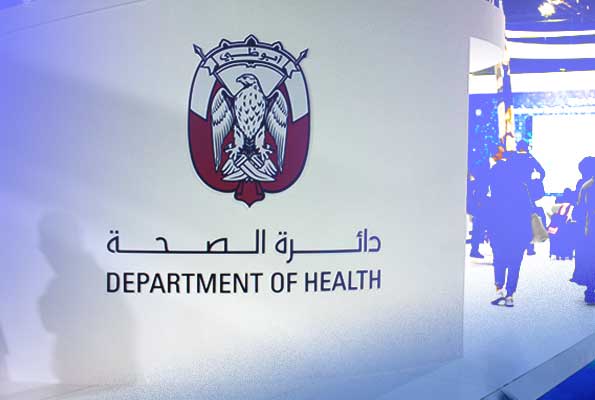The UAE’s healthcare industry will continue to excel and take the lead worldwide and in the Gulf region in 2023, reiterating its readiness to meet health concerns and conform to the highest international standards.
The UAE placed first in three important global competitiveness indices in the healthcare industry: its national early detection programs, the scope of medical coverage, and the range of antenatal care, according to the Prosperity Index report by the Legatum Institute.
The nation also placed second globally and first regionally in Open Data Watch’s 2022 Open Data Inventory report’s Health Outcomes Index.
Regarding pharmaceuticals with novel active ingredients and the quickness of reviewing and approving regulatory drug files, the UAE emerged among Middle-Eastern and African nations.
According to a survey by Alpen Capital, the UAE is the GCC (Gulf Cooperation Council) country with the fastest growth rate in healthcare spending, with healthcare expenditures expected to reach USD 30.7 billion (AED112.6 billion) by 2027 at a compound annual growth rate (CAGR) of 7.4%.
Tatmeen is the first platform in the region designed to track and trace pharmaceutical products and secure and safeguard supply chains for healthcare facilities in the country.
Emirati health authorities officially launched it, represented by the Ministry of Health and Prevention, the Department of Health-Abu Dhabi, and the Dubai Health Authority (DHA).
The ‘UAE Centennial 2071’ saw the launch of the ‘Emirates Health Services (EHS) Innovation Strategy 2023–2026’, which aims to improve the sustainability of the future healthcare sector and support the realization of the “We the UAE 2031” vision and the ‘National Strategy for Wellbeing 2031’.
The healthcare industry in the UAE has emphasized its willingness to respond to humanitarian crises worldwide. In 2023, the nation kept sending medical aid and supplies to several friendly countries, such as Syria, Turkey, and Sudan, who had experienced natural disasters and other extraordinary circumstances requiring quick action and providing comprehensive medical, diagnostic, and therapeutic services to affected people.
The UAE has been steadily increasing its healthcare spending in recent years. For instance, healthcare and community protection services received AED3.835 billion in government funding in 2016, but this amount climbed to AED4.8 billion in the general budget for 2023.
The UAE is devoted to fostering innovation and growth and is constantly improving its global healthcare collaborations. As part of a goal to completely integrate AI in medical services by the ‘UAE Centennial 2071’, the nation has recently made substantial use of artificial intelligence (AI) in healthcare.
The UAE has given significant attention to its hospital and medical centre infrastructure. There will be 166 hospitals in the nation in the coming years, which will supplement the existing inventory of 5,301 hospitals and clinics.
The UAE has also emphasized growing its medical personnel. As a result, the country’s healthcare workforce consisted of 135,929 people in 2021, including 27,268 doctors, 7,476 dentists, 12,481 pharmacists, 59,798 nurses, and 28,906 medical technicians, according to the Federal Competitiveness and Statistics Centre.



